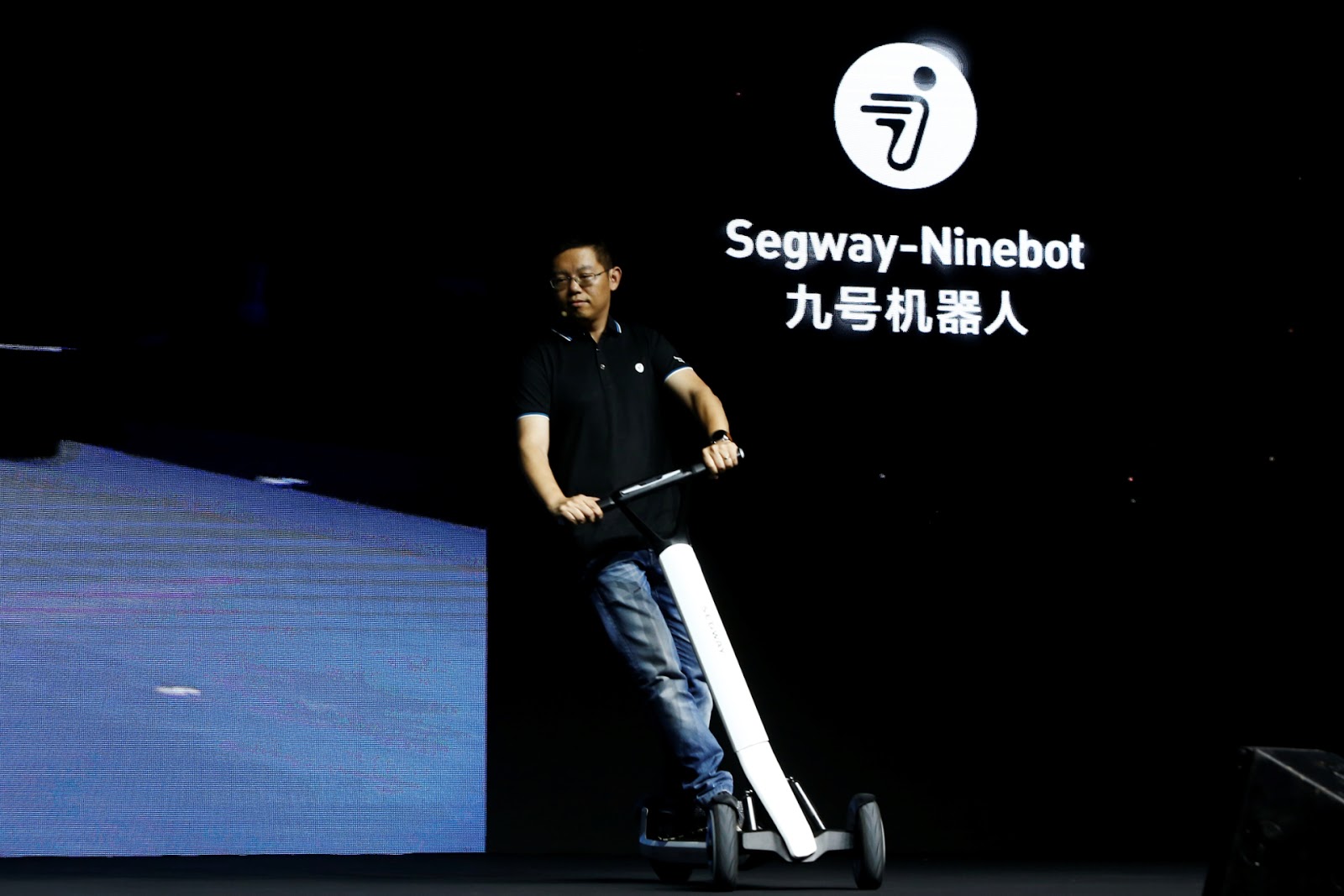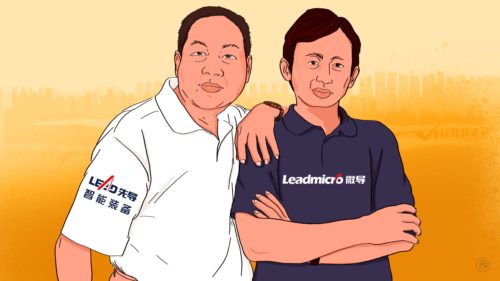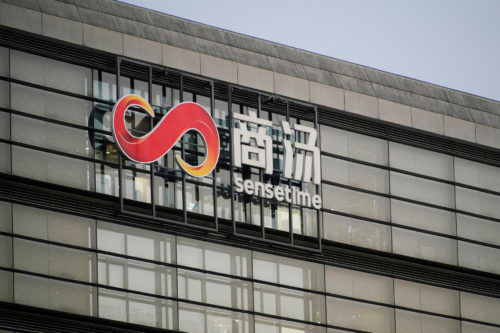Did Segway’s Beijing-based parent company launch China’s global stock market?
Ninebot, the Chinese electric-scooter company that owns Segway, has become the first company to sell Chinese depository receipts (CDRs) at the Shanghai STAR market. Is this the start of a true Chinese competitor to Nasdaq?

In March 2018, Beijing began a push for some of China’s largest companies to dual-list on mainland stock markets using special equity interests called Chinese depository receipts (CDRs).
- These are shares in a company whose operations or investors or majority owners may not be in China, supposed to be equivalent to American depositary receipts (ADRs), which are negotiable certificates “issued by a U.S. depository bank representing a specified number of shares — often one share — of a foreign company’s stock.”
- Many Chinese companies that have listed on American markets have done it using ADRs.
Beijing’s plans to launch CDRs stalled, as Alibaba decided to delay its dual-listing plans, and Baidu and Xiaomi also shelved plans to issue CDRs after failing to agree with regulators on pricing. The trade war and related stock market volatility in that year didn’t help.
Now CDRs have finally arrived. The first company to sell these interests, however, is not a major tech company, but rather Ninebot, an electric-scooter maker and new owner of the Segway brand. Caixin reports:
- Investor appetite was “overwhelming” for the offering on the Shanghai STAR market, Caixin says, as the Beijing-based company “received 4.5 million applications for 45.1 billion CDRs,” despite initially offering only 12 million.
- The company later “boosted the number of CDRs available to 18 million,” and another “9.9 million CDRs were allocated to strategic investors.”
Like many other Chinese tech companies, including Tencent and Baidu, Ninebot uses a variable-interest entity (VIE) structure, which Reuters says was “created two decades ago to circumvent Chinese rules restricting foreign investment in sensitive industries such as media and telecommunications.”
- “The Chinese authorities had barred companies with such a structure from listing on the mainland but scrapped the rule for the STAR Market when it was set up in 2019 in order to attract overseas-listed technology groups back home,” Caixin explains.
- Shanghai’s STAR market is sometimes called “Nasdaq-style” because like the market in New York, it is tailored to technology startups by having relatively quick registration, and not requiring companies to be profitable.
What is the takeaway?
The Shanghai STAR market is doing exactly what it was designed to do, attracting companies that would otherwise choose to list overseas, or be forced to list overseas because of their ownership structure.
- But “authorities had not officially endorsed the [VIE] structure” in China, Reuters reminds us, and “unless VIE is codified into Chinese law, there’s a risk Beijing could change its mind.”
- China has promised further initial public offering (IPOs) reforms for mainland markets “at an appropriate time.”
The question we have: Will other VIE Chinese tech companies, including big ones like Alibaba, Tencent, Baidu, and Xiaomi, restart talks with regulators to issue CDRs in the wake of Ninebot’s IPO, or will they wait for further rule changes and assurances first?






